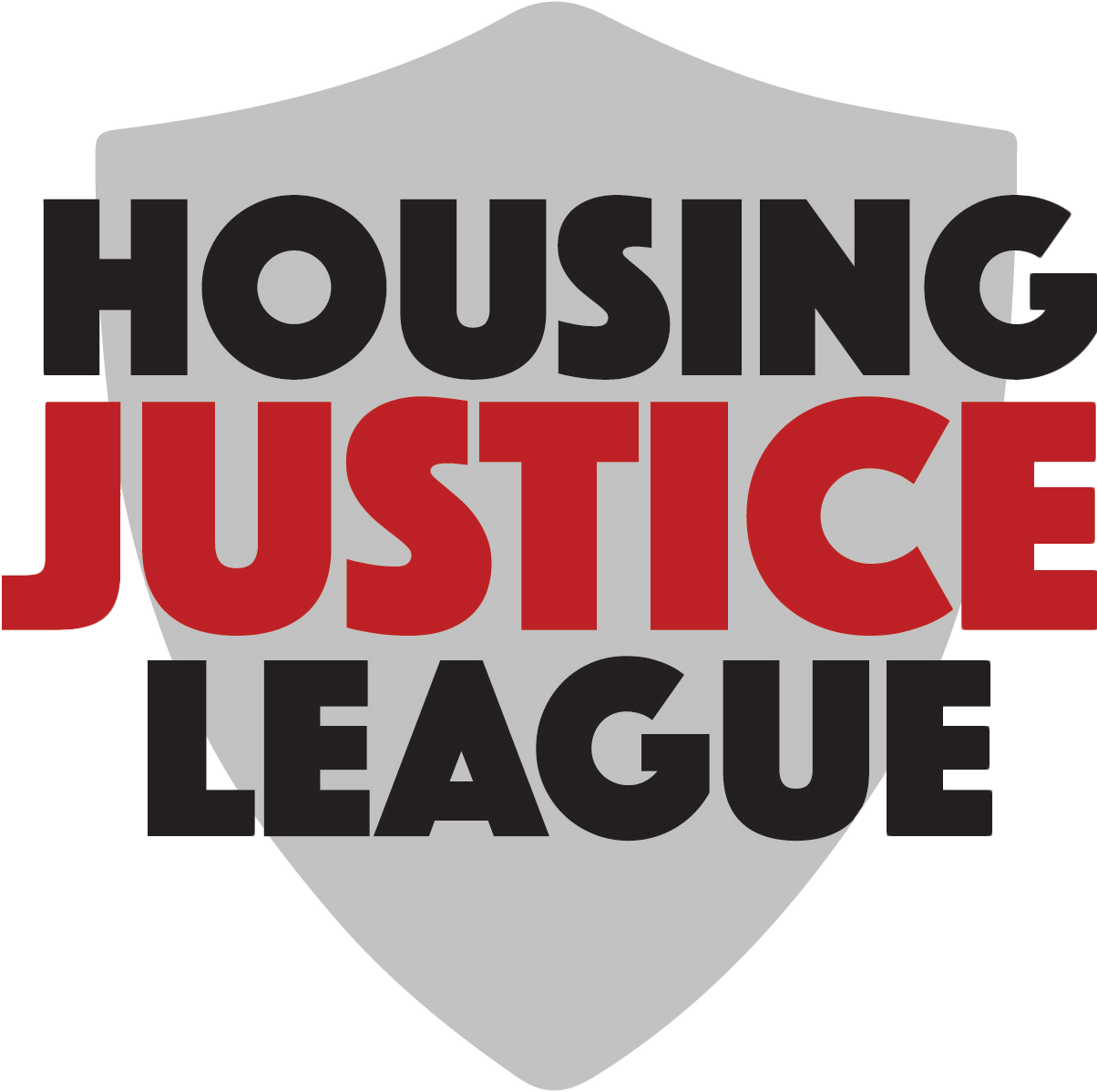Today residents with the Turner Field Community Benefits Coalition delivered a petition to Carter Development urging the developer to sit with long term residents to negotiate a Community Benefits Agreement. The petition delivery was organized as a result of Carter's CEO Scott Taylor’s refusal to meet with the coalition. The coalition, which is comprised over 30 organizations in the community has been trying to have open communication with Carter and GSU ever since the sales process begun. To date, the only residents Carter and GSU have been willing to meet with are homeowners in Summerhill who are primarily interested in their own property values.
“We want development in our community- we just ask to be included as there’s a history of broken promises from developers in Atlanta. We want to know that development in our community works for both new and long-term residents, and a binding Community Benefits Agreement (CBA) is a huge step in that direction.” Stated long term resident and coalition member Alison Johnson.
Once residents showed up to Carter Development's office to deliver the petition, they were met with extremely aggressive building representatives that threatened to arrest them immediately. Some staff even put hands on residents who intended to deliver a petition to Scott Taylor. Residents decided to kneel down and pray for their community, but building staff seemed set on yelling over clergy’s prayer. Security loudly yelled, “Get out now!”, as Imam Furqan A Muhammad with the Masjid Al Muminun Mosque in Peoplestown led the group in prayer.
What could have been a simple petition delivery urging a conversation with residents ended up highlighting the extreme disrespect and disdain that Carter Development, GSU, and some city officials have demonstrated through the whole Turner Field sale process. If Atlanta is going to be a city that works for everyone then this unsustainable, backroom deal approach to mega developments must change.
Carter and GSU along with Atlanta city officials did not plan the purchase with community members. This was a backdoor deal, which as stated above, has many conflicts of interest. Officials disrespected the democratic process used to create the CBA, ignored the communities, and refused them a seat at the table. They took the alternate route and bypassed the people because they decided the people don’t matter.
Many residents are disappointed and scared of what this may mean for their community. “This is a hostile takeover of our communities for profit. This is ethnic cleansing,” noted resident and organizer Sherise Brown. "These back door deals happen because low-income, minority communities and long-term residents are not valued as stakeholders and partners. Instead we are looked down upon by outsiders.”
For fifty years, the communities surrounding Turner Field have been neglected, an almost forgotten footnote in Atlanta’s race to prove it is the “city too busy to hate.”
Once thriving neighborhoods fell victim to the economic priorities of others: busy interstates divided communities and families; stadiums rose and fell, flooding communities with crime and raw sewage; local schools were neglected and underfunded; and promises for positive development were as empty as the scores of parking lots that litter the area.
Now, there is a once-in-a-generation opportunity to change all this.
It’s called the Turner Field Community Benefit Agreement (CBA). A Community Benefits Agreement is a legally-binding contract with the developer that describes mutually-agreed and enforceable goals for the development project. This agreement is driven by local residents and the over 40 community organizations that make up the Turner Field Community Benefits Coalition.
What would a CBA mean for our communities? A world of difference–for everyone. A well implemented CBA could alleviate flooding; improve transportation and create new public space; provide jobs for residents and create opportunities for training, education and services for people of all ages; create housing for people of all incomes and prevent displacement of existing residents; and make our streets and communities safer and cleaner, while providing places to shop for people in the neighborhood.


